- Skip Counting:
Instead of counting by ones, try skip counting by twos, threes, fives, or tens. This not only reinforces multiplication skills, but also adds variety to counting.
- Counting Objects:
Use everyday objects like toys, fruits, or candies to practice counting. This makes the process more tangible and relatable for young learners.
- Counting with Songs:
Use counting songs or rhymes. There are many educational songs that teach counting in a catchy and memorable way.
- Number Hunts:
Create scavenger hunts where kids have to find a certain number of items in the house or classroom. This encourages observational skills along with counting.
- Number Puzzles:
Use puzzles that involve arranging numbers in order. This can be done with physical puzzles or digital ones on educational apps.
- Number Flashcards:
Create or use number flashcards for quick drills or matching games.
- Number Line Games:
Utilize a number line for counting activities. You can ask questions like “What comes after/before a certain number?” or play hopscotch on a number line.
- Digital Apps and Games:
There are numerous educational apps and online games that make counting interactive and entertaining. Look for apps that align with your child’s age and learning level.
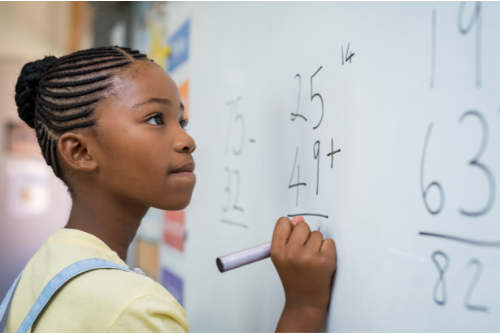



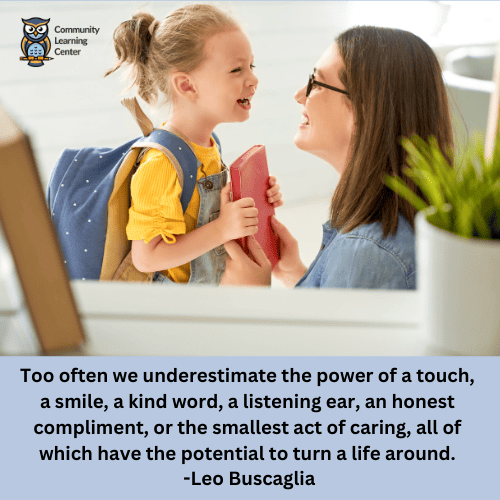

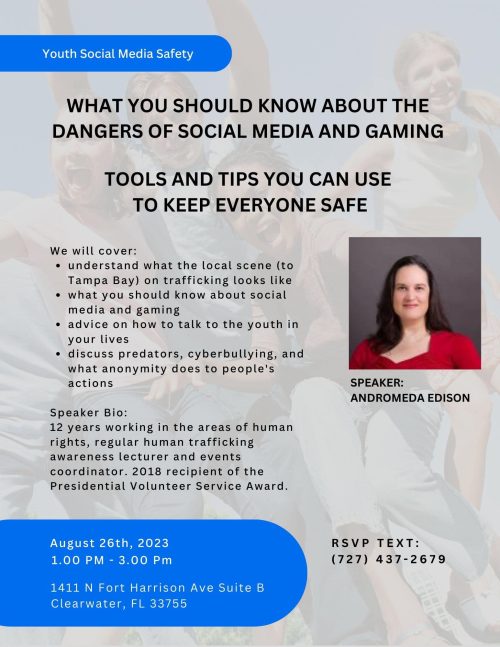
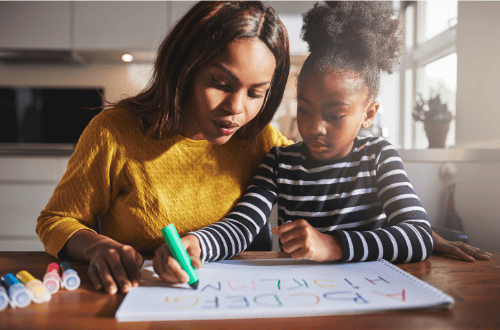

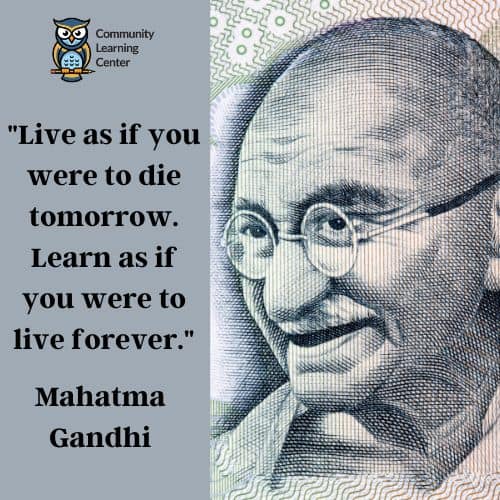

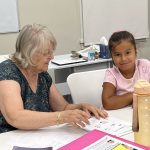
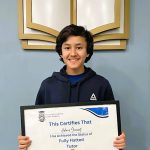


Recent Comments